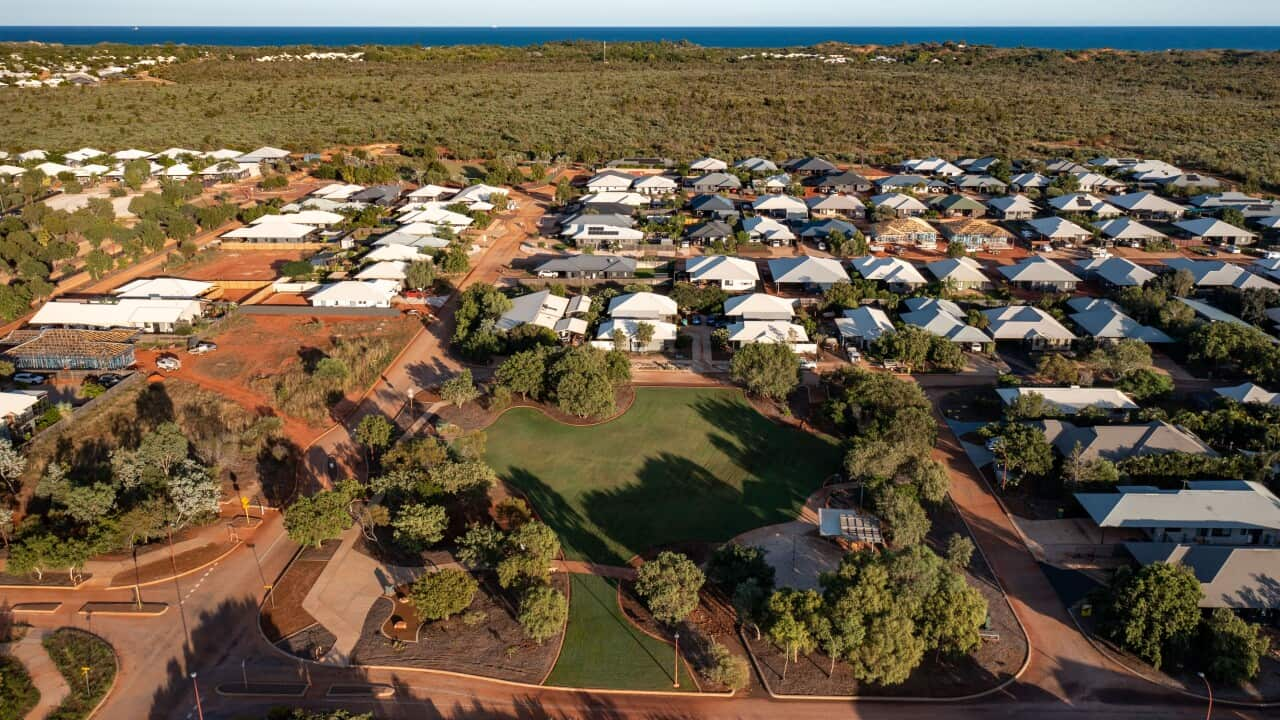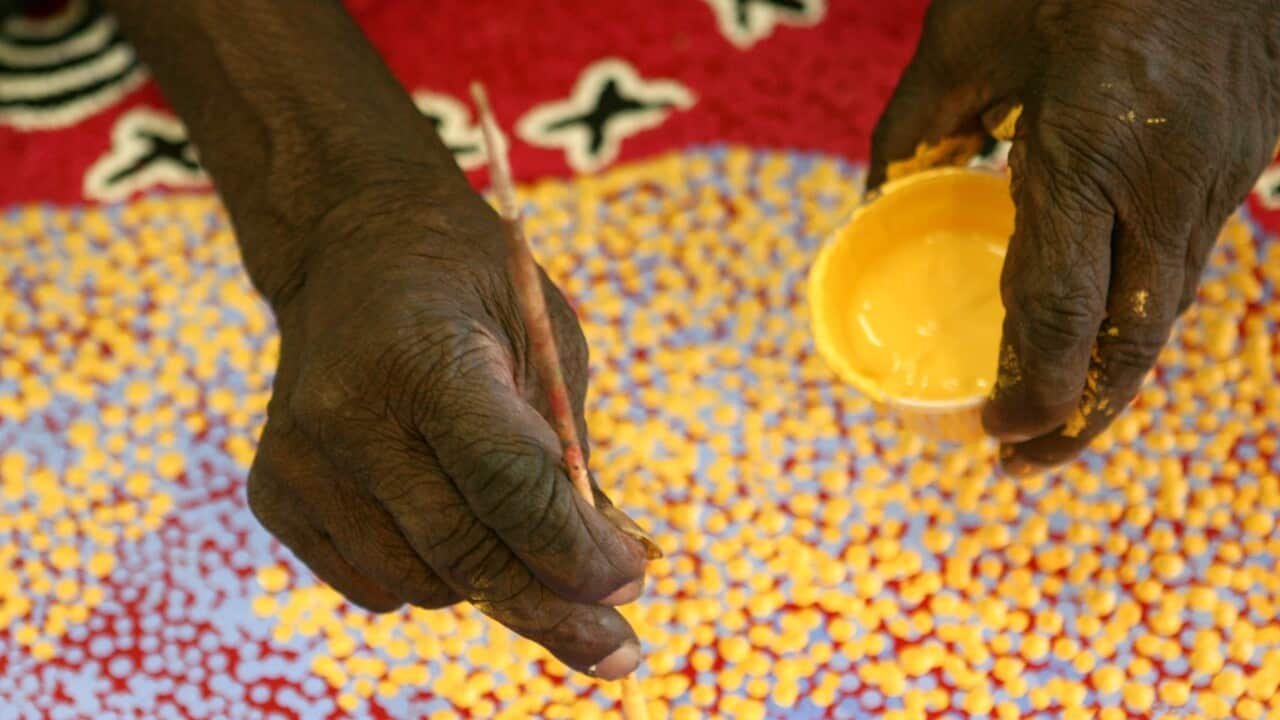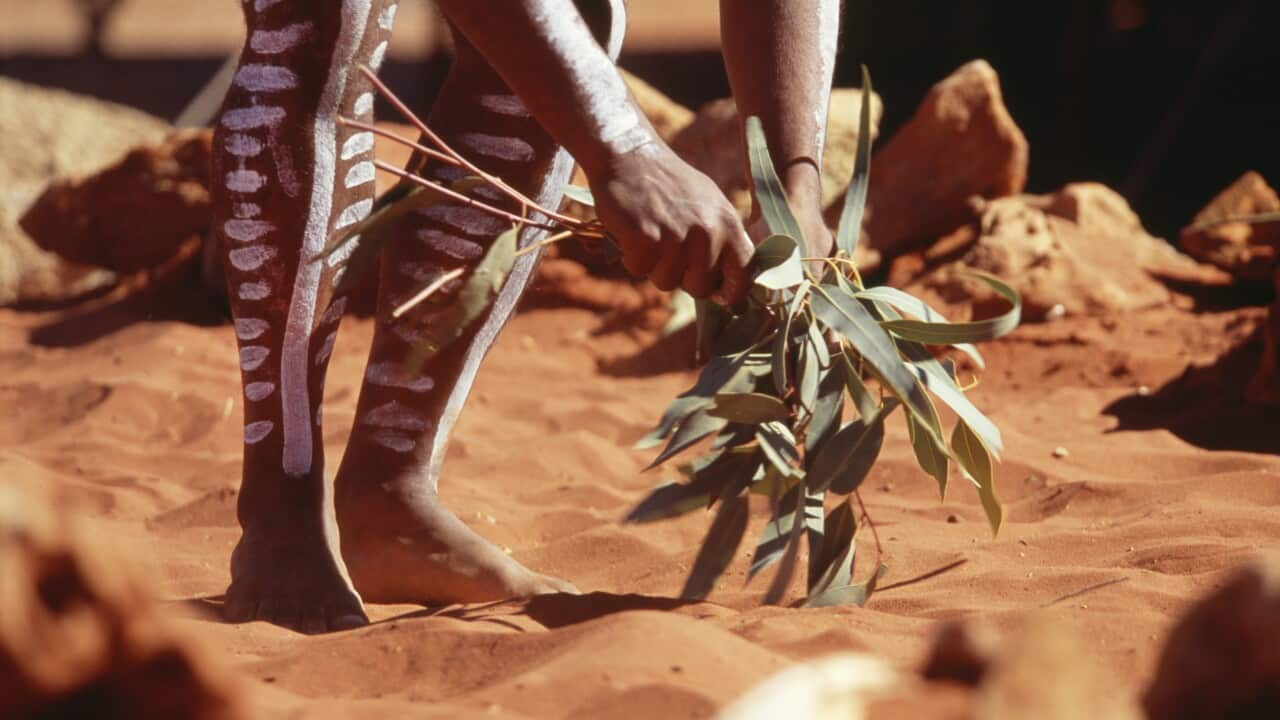Traditional Owners in Broome have accused a childcare operator of black cladding after they were "sidelined" in negotiations about the development.
Tyson Joe Pty Ltd is a Perth-based childcare provider that currently runs two centres in the state's capital and will run the third in Bilingurr, Broome North.
In July of 2022, TysonJoe approached Traditional Owner Group, Nyamba Buru Yawuru (NBY), to seek co-investment and co-design on multi-million dollar development.
Lawyers for the operator worked with NBY to establish a formal joint venture that determined majority Indigenous ownership. NBY then provided formal support of TysonJoe's land tender.
In December of last year, TysonJoe's tender was successful.
The company is set to build the centre on a 2,256 square metre site near Broome North Primary School in Waranyjarri Estate. It's expected the centre will open in mid-2025.
However, since the land was secured, NBY has accused TysonJoe of sidelining them in the planning and development.
NBY CEO Nini Mills said there have been some "serious red flags" which included the "unwillingness" of TysonJoe to incorporate Yawuru language in the naming of the centre.
"Tyson Joe also expressed concerns that enrolment from ‘white’ families might be discouraged if the centre were to have a Yawuru name," she said.
We asserted that this prejudice was fundamentally racist and refuted this position absolutely.
Ms Mills said conversations continued in good faith, with the hope that a resolution could be achieved where truth-telling could be prioritised.
"My team spent countless hours in negotiations and driving the development of a comprehensive business case, to support funding applications and finance from commercial lenders," she said.
“We identified some fantastic synergies to the childcare business with our existing training and employment pathways, early childhood programs, and our language lessons – which are currently delivered to over 1,500 students across Broome.
"This would have led to a sustainable employment model and holistic education approach for all young children.”
However, in November NBY was notified that TysonJoe were able to fund the entire development independently.
"We were absolutely shocked and disappointed by this outcome," said Ms Mills.
"After nearly 18-months of negotiating, TysonJoe have shown a complete disregard for what NBY can bring to the table.
"It clearly demonstrates the company has little understanding of the Broome community and the weight placed on holistic and inclusive education."
NBY believed the situation is a "clear demonstration of black cladding".
TysonJoe has been contacted for comment.
Government crackdown on black cladding
Black cladding is on the rise, with the federal government being pushed to address the issue.
It's defined by Supply Nation as "a non-Indigenous business entity or individual taking unfair advantage of an Indigenous business entity or individual for the purpose of gaining access to otherwise inaccessible Indigenous procurement policies or contracts".
Currently, the government awards three per cent of its contracts to Indigenous businesses under the Indigenous Procurement Policy (IPP). Since its inception in 2015, over $9 billion in contracts have been awarded to 3,600 Indigenous businesses.
As it stands, a business only needs to be at least 50 per cent Indigenous-owned to access both state and federal IPPs, with the regulations giving way to the opportunity of 'black-clad' businesses claiming contracts.
The government is seeking to strengthen the policy with Assistant Indigenous Affairs Minister Malarndirri McCarthy on Tuesday saying a review into the eligibility criteria is the first step in stopping the exploitation.
The work will begin via consultation that will seek to identify key reform areas and propose the requirement for Indigenous enterprises to be majority-owned, managed and controlled.

Senator Malarndirri McCarthy said the government will consult on the IPP. Source: NITV / SBS News
"This consultation process will provide valuable insight into ensuring economic benefits are flowing to First Nations people, businesses and communities."
The review comes after the last financial year reported spending on Indigenous businesses exceeding $4billion - a national first.
Supply Nation believe the mammoth spending is evidence the IPP is working.
"This result is a credit to the growing number of Indigenous suppliers who are energetically seeking new opportunities from the corporate, government and not-for-profit sectors," chief executive Kate Russell said.















